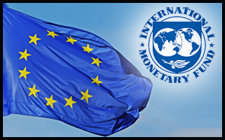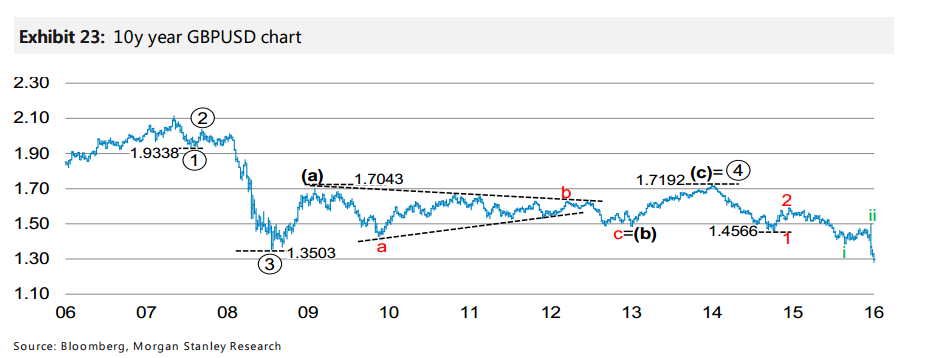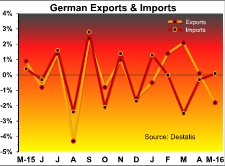Eurozone's domestic demand-driven economic recovery that had strengthened recently, is set to slow next year, mainly due to the uncertainty created by the surprise "Brexit" vote, the International Monetary Fund said Friday, as it trimmed the growth outlook for the single currency region.
"Euro area GDP growth is expected to decelerate from 1.6 percent this year to 1.4 percent in 2017, mainly due to the negative impact of the U.K. referendum outcome," the Washington-based lender said in its Article IV Consultation review of the 19-nation economy.
Earlier, the IMF had predicted 1.7 percent growth for this year and next.
"Helped by gradually rising energy prices, headline inflation is expected to increase from 0.2 percent this year to 1.1 percent next year," the lender said.
Downside risks have grown, the IMF said, adding that a further global slowdown could spill over and derail the domestic demand-led recovery.
Domestic risks are largely political such as further spillovers from the post-"Berxit" uncertainty, the refugee crisis, and increased concerns over security. Financial and banking sector weakness in some countries could also pose risks, the report said.
"Moreover, prolonged low growth and inflation themselves make the euro area increasingly vulnerable to shocks," the IMF warned.
"Policy buffers to counter these risks are low."
The IMF sought a smooth and predictable transition to reduce the "Brexit" uncertainty.
Citing the mediocre medium-term prospects and crisis legacies of high unemployment, elevated public and private debt, and deep-rooted structural weaknesses, the IMF expects Eurozone growth five-years ahead to be about 1.5 percent, with headline inflation reaching only 1.7 percent.
The IMF called for collective comprehensive and more balanced policies to respond to these risks and incentivizing structural reforms to improve productivity and reduce macroeconomic imbalances.
"Given limited fiscal space at the national level, an expansion of centralized fiscal support is needed, but should be accompanied by a stronger governance framework to ensure that members comply with the fiscal and structural rules," the report said.
"Without decisive actions, the euro area will remain vulnerable to instability and repeated crises of confidence," the report warned.
Regarding the efforts of the European Central Bank, the IMF said monetary policy is appropriately accommodative, and that recent measures should help ease financial conditions.
However, "if the inflation outlook deteriorates, further easing, primarily through expanded asset purchases, would be warranted," the lender added.
The IMF is set to release its latest global macroeconomic forecasts on July 19.
The IMF Chief Economist Maurice Obstfeld said in an interview this month that the U.K. and global economic projections will be revised and the results will be negative.
by RTT Staff Writer
For comments and feedback: editorial@rttnews.com
Forex News





